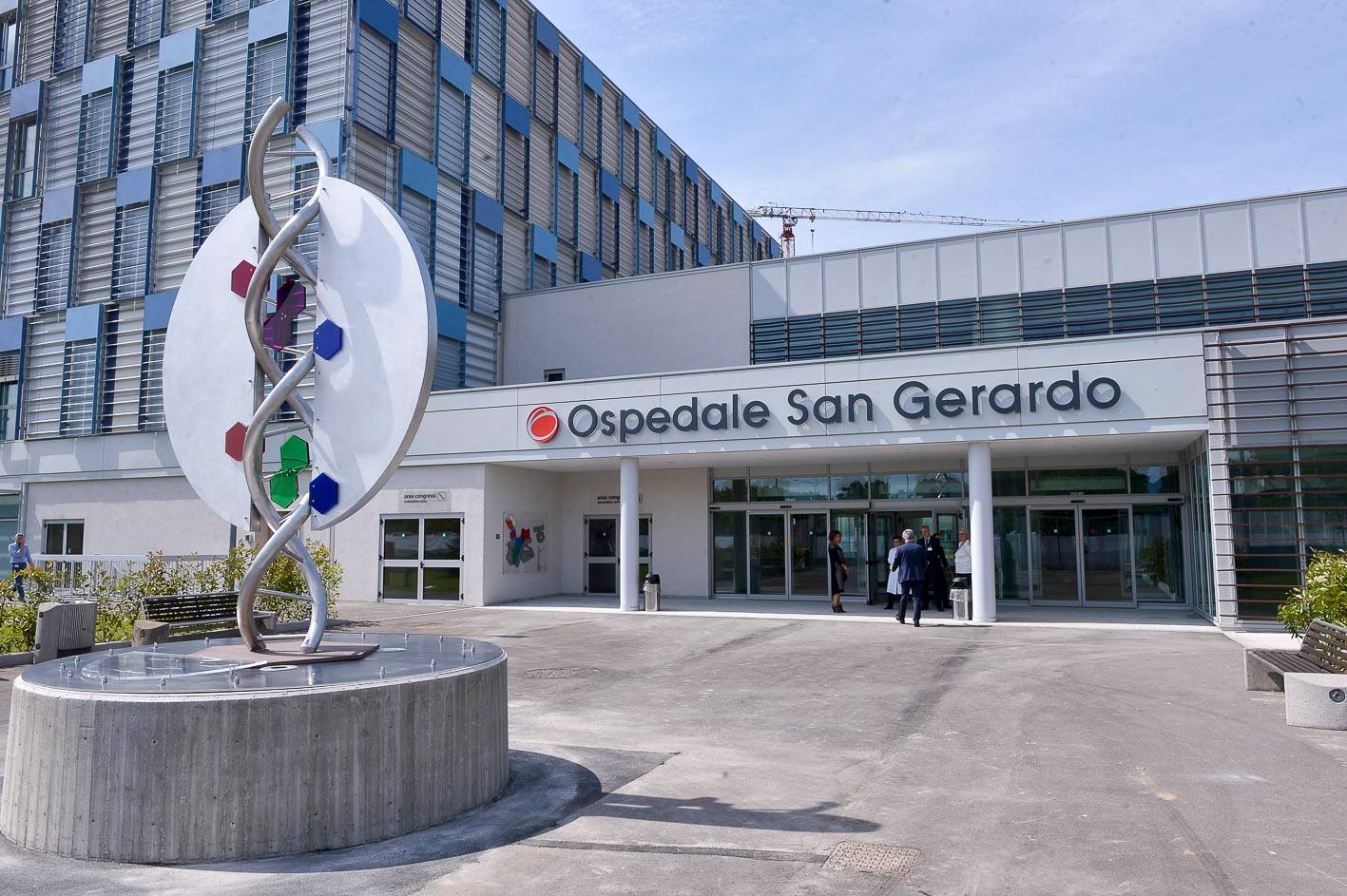AREA OF EXPERTISE AND HEALTHCARE PROVIDER’S CONTRIBUTION TO CARE FOR PATIENTS WITHIN THE METABERN
ASST Monza San Gerardo Hospital
Monza, ITALY
Metabolic Unit of Monza is a clinical Center for inborn errors of metabolism, established in 2003. Patients affected with metabolic disorders of aminoacids, urea cycle, carbohydrates, lipids, metals, cellular organelles are diagnosed, treated and followed-up.
Our major experiences are in MPS, UCDs, GSD I and III.
We started treating MPS I Hurler with HSCT (Haematopoietic Stem Cell Transplantation) in 2001 and recently participated in a multicenter international study of long-term follow-up of these patients (Aldenhoven 2015). We started treatment with enzyme replacement therapy (ERT) in MPS I in 2001.
We participated in:
– Phase III extension trial with Elaprase for MPS II in 2004;
– Phase III trial (MOR 004 and MOR 005) with Elosulfase for MPS IV from 2012 to 2014 with 10 patients (3 adults and 7 children) as the unique center in Italy and second in the world for number of patients.
– MOR007 study for ERT in children 0-5 years with 2 patients.
-intrathecal study of ERT for MPS IIIA (HGT-SAN-093) in 7 Centers in the world as the only Italian Center with 3 patients.
Observational studies: NGLU-NH02 for MPS IIIB; CT-Orzy-NPC-001_002 on Niemann-Pick C disease.
We are participating at independent European study on IOPD (infantile onset Pompe disease) to search the best dosing of Alglucosidase alfa. We have also participated in multicenter national independent studies sponsored by AIFA on MPS VI (FARM6CC747,2007), MPS II (FARM6J8WS4, 2006), Glycogenosis type A and B ( FARM5S3JT5, 2006). We are collaborating with San Raffaele Institute in the TIGET 05 study of the definition of the protocol for the gene therapy study in MPS I.
We are participating in observational registries sponsored by Pharmaceutical Companies: - HOS and FOS - MPS VI Registry and MARS - MPS I, Pompe and Gaucher Registry - OPAL for Tyrosinemia type I.
Diagnosis: biochemical and molecular diagnosis are performed for all the new patients.
Our common reference centers for diagnoses are: Buzzi children Hospital and Besta institute in Milan, Laboratory of molecular genetics of Monza, Molecular Biology and Metabolism Laboratory of Florence. A multidisciplinary approach to patients, according to the different needs at any age, is adopted. Neonatal age: our Hospital is one of the two reference clinical centers in Lombardia for newborns affected with acute intoxication metabolic disorders, both detected by clinical symptoms and newborn screening expanded for 44 metabolic disorders in collaboration with our Neonatal Intensive Care Unit.
Childhood: Every year we follow up a considerable number of cases and provide the needed medical and surgical interventions through specialists who have acquired expertise in rare metabolic disorders. Adolescents and adults: in 2005 we started with a program of transition to adult medical care through the activity of a medical doctor specialist in genetics and expert of metabolic diseases, working initially in the Pediatric metabolic Center and later in the Adult Internal Medicine Department of our Hospital. Adult Center: the center for adult patients is now following up 200 patients of whom 60 had a new diagnosis as adults.
SPECIFIC TREATMENTS AND INTERVENTIONS PROVIDED BY HCPS
The geneticist who looks after adult patients also provides the couples who have had a child affected by metabolic diseases with genetic counselling. We are keen to avoid that the genetic counselling is given by the same doctors who look after the child. Molecular analysis for GSD Ia and b, MPS I, II, III A-B-C-D, VI, ASA, OTC, Citrullinemia and argininemia are performed at Consortium for Human Molecular Genetics a laboratory certified and accredited for molecular genetic testing, located within the building of University of Milano Bicocca, close to the Hospital.
In our Metabolic Unit we perform Enzymatic Replacement therapy and we participate in many Clinical Trials as Intrathecal enzymatic replacement therapy for MPS IIIA in Phase IIb.
In our Metabolic unit we also perform:
– Desensitization and immunomodulation in patients with adverse reactions to ERT
– Physical Therapy during ERT (for example in Pompe disease)
There is also Haematopoietic Stem cell transplantation (HSCT) Unit that has a great experience in MPS I-HSCT.
The metabolic dieticians have a great experience in dietary treatment as well as in ketogenic diet and enteral feeding.
The emergency Unit is open 24/24 hours and all the patients who are at risk of metabolic decompensation have an “Emergency card” and a metabolic doctor is available to be contacted by phone.
A Multidisciplinary approach to the patients is available in any metabolic disease: periodically we discuss cases with other specialists as neurosurgeon, orthopedic, anesthetists, ORL, cardiologist and infantile neuropsychiatry. Palliative and symptomatic cares are offered to the patients. In Hospital there is a specific “Pain team” composed by anesthetists and nurses to reduce pain. In many procedures we use anesthetic patch to avoid pain.
The pediatricians and the geneticist, who assist respectively pediatric (in the pediatric Department) and adult metabolic patients (in the Internal Medicine Department), work together with dieticians, psychologists and nurses sharing experiences and daily care of the patients. The transition to adult age is lived as a soft passage due to strict cooperation between pediatrician and the geneticist who looks after adult patients.
The nurses are expert in the field of complex disorders.
We have a collaboration project called “PANDA” for supporting parents about new diagnosis by newborn screening: 3 hours a week a psychologist is available to talk with the newborn’s parents.
 Copyright ©2017-2021 all rights reserved
Copyright ©2017-2021 all rights reserved 
